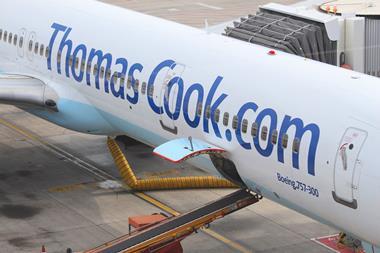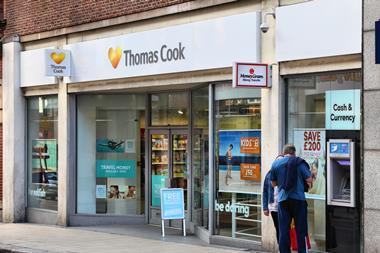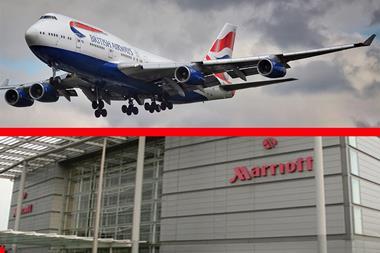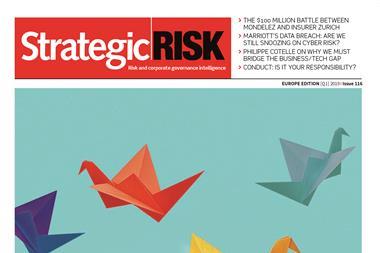Virgin Australia has become one of the biggest casualties of the COVID-19 outbreak so far
The COVID-19 outbreak has plunged the global economy into another financial crisis, with companies in the travel and tourism sector under particular strain as the world remains in lockdown.
Earlier this month, airline Virgin Australia became one of the biggest casualties of the COVID-19 outbreak, falling into administration as sales crashed over March and April. The company struggled under a $5 billion debt pile and was pushed over the edge by international travel bans.
Few businesses would have foreseen a global pandemic causing increased insolvency risks. Risk managers and global organisations are faced with the task of dealing with heightened insolvency risk as they attempt to navigate their way through the crisis.
Australia-based risk consultant Eamonn Cunningham says companies need a “regular and constant focus on the numbers, particularly cash”, at this time.
He recommends organisations conduct “regular scenario testing of cash outcomes based on a series of alternative assumptions”. He adds: “No assumptions should be off the table.” Cunningham also believes companies should build contingent financial capability into their financial plans.
Most companies will be in crisis management mode. Cunningham believes companies should practice their plan, check the accuracy of incoming information, have a dedicated spokesperson to deliver messaging, and be nimble in their decision-making.
He offers the following advice to risk managers in vulnerable sectors, such as leisure, travel, and tourism: “You need to branch out and figure out other ways in which you can help your enterprise. For example, the road to recovery can be troublesome, and you must plan well in advance, and not just hit the go button. Make yourself known in the organisation, if you have not already done so.”
Martin Baghdadi, an Australia-based director at consultancy firm Control Risks, warns the outbreak could re-emerge, and called for companies to remain alert.
“We’ve moved out of the immediate crisis and are in a holding pattern at the moment. We still need to be aware this could be the calm before the storm. It could happen again.”
Compared with most other nations, Australia and New Zealand are on the verge of defeating the COVID-19 outbreak. With daily new cases dropping to single-digit figures, lockdown restrictions are set to be relaxed in the coming weeks.
Businesses could walk into another crisis if they are not prepared to immediately resume normal operations, Baghdadi says. Failure to prepare could leave companies vulnerable to insolvency when markets reopen.
Baghdadi adds: “At this stage, crisis management teams will be meeting less regularly. And now what organisations should be focusing on is coordinating a resumption of business and a recovery team. Recovery teams need to have different objectives to crisis management teams, and need to operate independently, with different objectives.”
Baghdadi advises businesses to get ready to resume their normal services. He warns those slow to react will be faced with increased insolvency risks.
“We think the market is going to turn quickly. We’re encouraging clients to do everything they can to keep their staff on, albeit at reduced rates or otherwise, and wait the ride out. Otherwise, you will miss your turn, and you’ll pretty much be insolvent because you’ll have lost most of your market share.”




















No comments yet